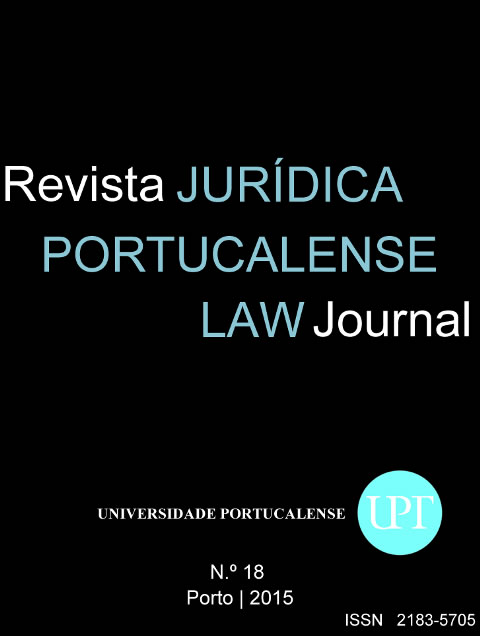A quem deve a Administração do Condomínio exigir o pagamento no caso de aquisição/alienação de frações autónomas, mantendo o alienante dívidas para com o Condomínio?
Résumé
Propriedade Horizontal, enquanto meio de organização e de satisfação de necessidades preeminentes, é um instituto jurídico com uma acentuada importância económica e social.
Cada condómino, é proprietário exclusivo da fração que lhe pertence e comproprietário das partes comuns do edifício. Assim, a cada condómino está associado um conjunto de direitos e, cumulativamente, obrigações. À Administração do Condomínio, cabe a função de cobrar as dívidas existentes, intimando os condóminos a fazê-lo voluntariamente. Se isto não suceder, está ao seu alcance cobrá-las recorrendo à via judicial.
Neste âmbito, a questão de se saber se o adquirente de uma fração autónoma, é responsável por prestações de condomínio já vencidas, à data da aquisição assume particular importância.
As obrigações em causa são propter rem, ou seja, são obrigações, cujo devedor se determina pela titularidade do direito real. A controvérsia surge quando se pretende atribuir apenas a algumas dessas obrigações a ambulatoriedade.
Téléchargements
Fichiers supplémentaires
Publiée
Comment citer
Numéro
Rubrique
Licence
Authors who published in the journal agree to the following terms:
- The Authors grant the Journal the right of first publication, and other non-exclusive publishing rights, licensed under the Creative Commons Attribution License which allows the sharing of work with recognition of its initial publication in this journal.
- Authors are able to take on additional contracts separately, non-exclusive distribution of the version of the paper published in this journal (ex .: publish in an institutional repository or as a chapter in a book), with an acknowledgement of its initial publication in this journal.
- Authors are permitted and encouraged to post and distribute their work online (eg .: in institutional repositories or on their website) at any point before or during the submission process, as it can lead to productive exchanges, as well as increase the impact and the citation of published work (See The Effect of Open Access).
RJP does not apply submission, publication or any other fees of any nature. Its articles are open access, with the goal of disseminating scientific knowledge and the debate of legal topics in the area of Legal Sciences.






